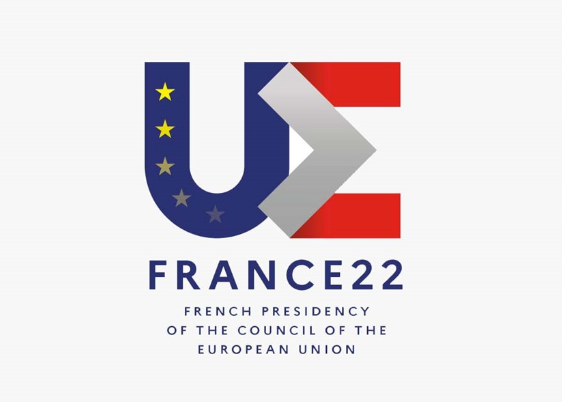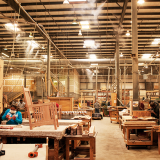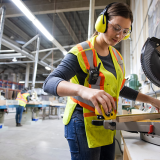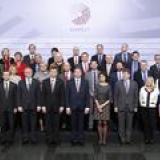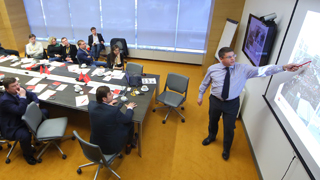
Social dialog
Social dialog kan defineres som forhandlinger, konsultationer, fælles foranstaltninger, drøftelser og informationsudveksling mellem arbejdsgivere og arbejdstagere. En velfungerende social dialog er et centralt redskab ved udformningen af arbejdsvilkår og inddrager en række forskellige aktører på forskellige niveauer. Den skaber balance mellem arbejdstageres og arbejdsgiveres interesser og bidrager til både økonomisk konkurrenceevne og social samhørighed.
Det er i de seneste politiske debatter på EU-plan blevet fremhævet, at fremkomsten af nye debatter om social retfærdighed, demokrati, arbejdskvalitet og nye modeller for arbejdsmarkedsrelationer, navnlig siden krisen i 2008, har udfordret de traditionelle systemer for arbejdsmarkedsrelationer og social dialog.
30 år efter den historiske lancering af den europæiske sociale dialog i Val Duchesse i Bruxelles relancerede Kommissionen processen i form af en ny start for social dialog i forbindelse med et arrangement på højt niveau den 5. marts 2015, der samlede arbejdsmarkedets parter fra hele Europa. Den europæiske sociale dialog er et social- og arbejdsmarkedspolitisk instrument i EU og bidrager direkte til udformningen af EU's arbejdsmarkedslovgivning og -politikker.
- Europa-Kommissionens arrangement: A new start for social dialogue (En ny start for den sociale dialog)
- Eurofound-blogartikel: From Val Duchesse to Riga: how to relaunch social dialogue? (Fra Val Duchesse til Riga: hvordan kan den sociale dialog relanceres?)

